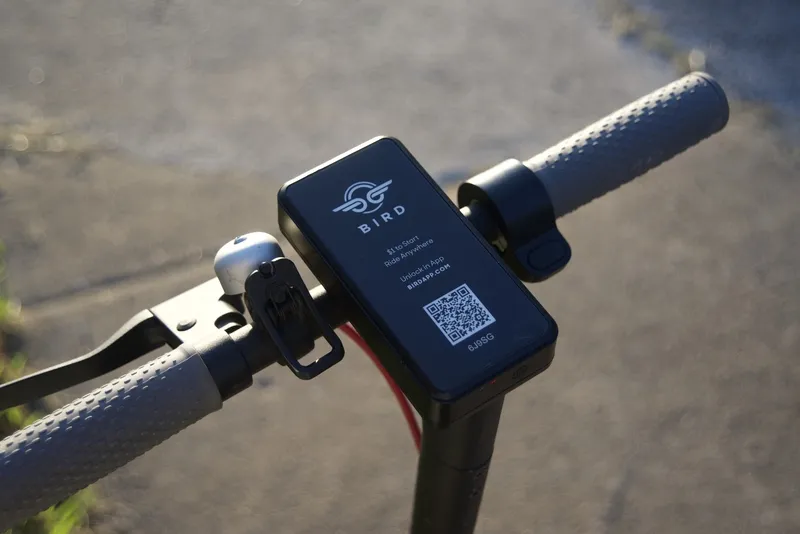The US Department of Transportation (US DOT) is accelerating its timetable on a proposed V2V rule that would require vehicle-to-vehicle equipment --technology that allows cars to ‘talk’ to one another-- in all new vehicles. V2V technology is a critical element of the connected automation that makes driverless cars as safe as possible.
Writing in the USDOT Fastlane blog, Transportation Secretary Antony Foxx announced that he has directed the National Highway Transportation Safety Administration (NHTSA) t
May 15, 2015
Read time: 2 mins
The 324 US Department of Transportation (US DOT) is accelerating its timetable on a proposed V2V rule that would require vehicle-to-vehicle equipment --technology that allows cars to ‘talk’ to one another-- in all new vehicles. V2V technology is a critical element of the connected automation that makes driverless cars as safe as possible.
Writing in the USDOT Fastlane blog, Transportation Secretary Antony Foxx announced that he has directed the National Highway Transportation Safety Administration (NHTSA) to accelerate the timetable for its proposal to require vehicle-to-vehicle communications technology in new vehicles. He has also asked NHTSA to begin work aimed at ensuring the regulatory framework encourages the deployment of innovations demonstrated to increase traffic safety.
Foxx has also committing to rapid testing that would ensure life-saving V2V transmissions aren’t obstructed by radio interference. He says the DOT is ready to complete this testing, which many in Congress, the FCC, and industry are eager to complete within 12 months of receiving production-ready devices to test. Combined, these two commitments will accelerate the introduction of V2V and vehicle-to-infrastructure systems, which are key components of the connected, automated future.
Foxx says, “Together, these steps will support the current revolution in vehicle safety technologies while also making sure those technologies are safe.
“Nurturing V2V development is just part of our larger effort to move from a 20th century transportation model to a modern model that is safer, more efficient, more sustainable, and more economically productive.
“Innovations that make our roads and highways safer are essential to building that system. Today’s auto safety standards focus mostly on making millions of crashes each year more survivable. We want to move to a new era in which safety isn’t just about surviving crashes, but making sure that they never happen.”
Writing in the USDOT Fastlane blog, Transportation Secretary Antony Foxx announced that he has directed the National Highway Transportation Safety Administration (NHTSA) to accelerate the timetable for its proposal to require vehicle-to-vehicle communications technology in new vehicles. He has also asked NHTSA to begin work aimed at ensuring the regulatory framework encourages the deployment of innovations demonstrated to increase traffic safety.
Foxx has also committing to rapid testing that would ensure life-saving V2V transmissions aren’t obstructed by radio interference. He says the DOT is ready to complete this testing, which many in Congress, the FCC, and industry are eager to complete within 12 months of receiving production-ready devices to test. Combined, these two commitments will accelerate the introduction of V2V and vehicle-to-infrastructure systems, which are key components of the connected, automated future.
Foxx says, “Together, these steps will support the current revolution in vehicle safety technologies while also making sure those technologies are safe.
“Nurturing V2V development is just part of our larger effort to move from a 20th century transportation model to a modern model that is safer, more efficient, more sustainable, and more economically productive.
“Innovations that make our roads and highways safer are essential to building that system. Today’s auto safety standards focus mostly on making millions of crashes each year more survivable. We want to move to a new era in which safety isn’t just about surviving crashes, but making sure that they never happen.”








